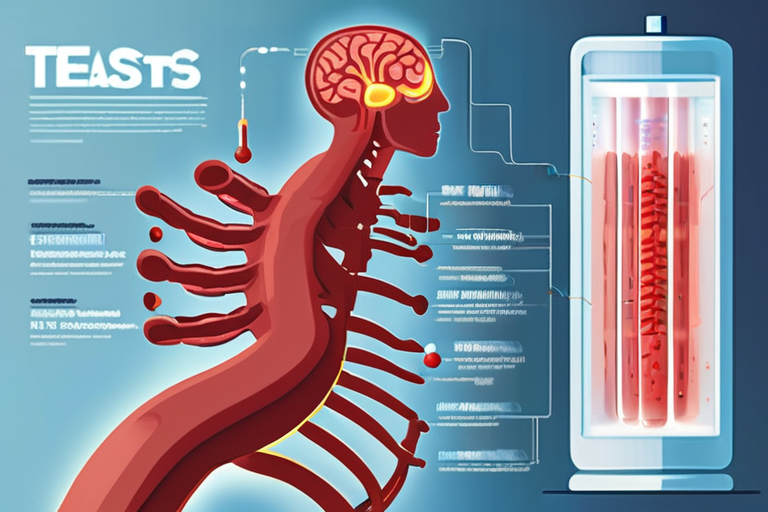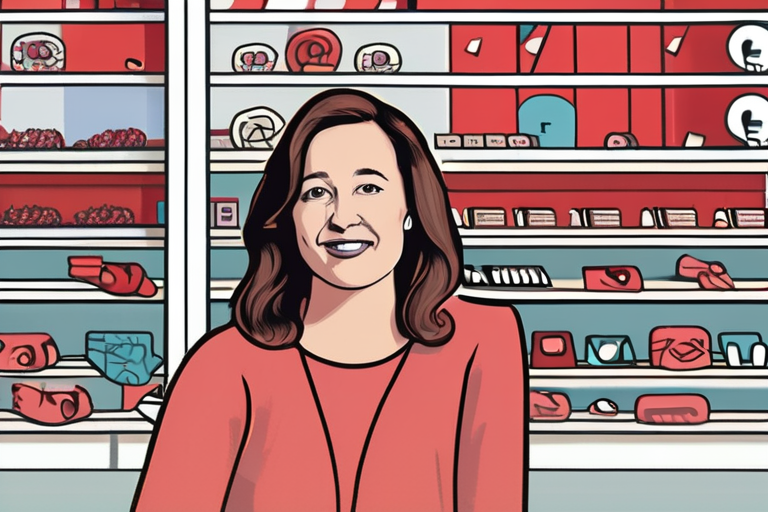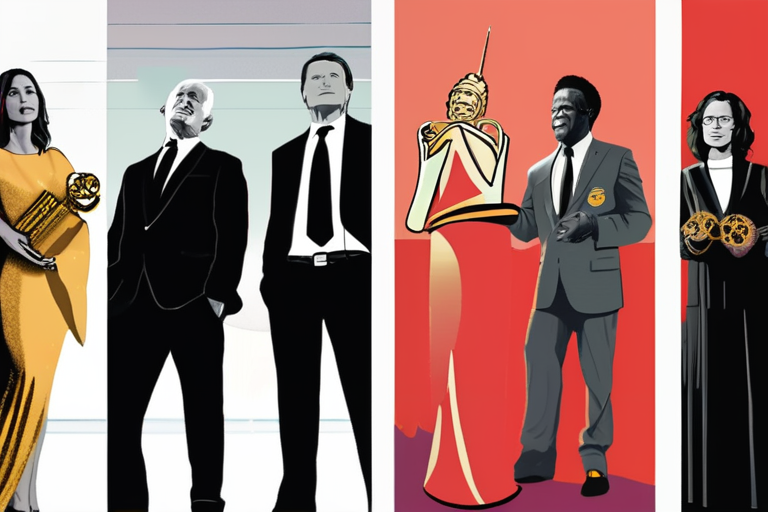Navigating Career Transitions: The Art of Working Smarter, Not Harder
As I sat down with Shveta Miglani, author of "Navigate Your Career," I couldn't help but think about the countless professionals who find themselves in unfamiliar territory after a promotion or new role. The excitement is palpable, but so are the doubts and fears that creep in when faced with ambiguity. Miglani's words of wisdom echoed in my mind: "Success in these transitions depends not on working harder, but on working smarter – with intention, evidence, and emotional intelligence."
In today's fast-paced workplace, promotions and new roles often come with more uncertainty than guidance. Professionals are expected to hit the ground running, but without a clear roadmap, it's easy to get lost in the noise. Miglani's approach is refreshingly straightforward: treat the first 90 to 180 days as a compressed diagnostic and design cycle. This period is akin to a concentrated evidence-gathering sprint, where the goal is to learn quickly, test hypotheses, and translate early findings into a time-bound agenda that others can endorse.
But why do so many professionals fall prey to the assumption that past success guarantees future results? Miglani's response was poignant: "The biggest mistake when stepping into a new role is assuming yesterday's playbook will win today." This mindset is akin to trying to solve a puzzle with outdated pieces. Instead, professionals should focus on setting explicit learning goals, mapping the people and processes that drive outcomes, and converting early observations into a prioritized agenda that balances quick wins with capability-building.
I couldn't help but think of my own experiences in career transitions. Like many professionals, I've found myself struggling to adapt to new roles, unsure of what was expected of me or how to make an impact. But Miglani's approach resonated deeply – it's not about working harder, but about working smarter.
To illustrate this concept, let's consider the story of Rachel, a marketing professional who recently transitioned into a leadership role. Initially, she felt overwhelmed by the sheer amount of information and responsibilities thrust upon her. However, with Miglani's guidance, Rachel began to approach her new role as an opportunity for growth and learning. She set clear goals, mapped out key stakeholders, and focused on building relationships rather than solely relying on past experience.
The results were remarkable. Within a few months, Rachel had not only adapted to her new role but also made significant contributions to the team's success. Her story is a testament to the power of working smarter – with intention, evidence, and emotional intelligence.
So what does this mean for professionals navigating career transitions? Miglani's advice is clear: "Treat onboarding as a concentrated, evidence-gathering sprint." This requires a willingness to learn quickly, test hypotheses, and adapt to new situations. It also demands a high degree of self-awareness, emotional intelligence, and the ability to navigate ambiguity.
As I concluded my conversation with Miglani, I couldn't help but feel inspired by her approach. In an era where career transitions are becoming increasingly common, it's time for professionals to rethink their approach. By working smarter, not harder, we can unlock our full potential and thrive in even the most uncertain of situations.
Implications for Society
The implications of Miglani's approach extend far beyond individual careers. As professionals become more adept at navigating ambiguity, they will be better equipped to drive innovation, adapt to changing market conditions, and lead their organizations with confidence. This, in turn, will have a ripple effect on society as a whole – fostering a culture of continuous learning, creativity, and resilience.
Latest Developments
In recent years, there has been a growing recognition of the need for professionals to develop new skills and adapt to changing work environments. The rise of AI-powered tools and platforms is also transforming the way we approach career development, providing unprecedented access to resources, mentorship, and networking opportunities.
As we look to the future, it's clear that Miglani's approach will continue to resonate with professionals navigating career transitions. By working smarter, not harder, we can unlock our full potential and thrive in even the most uncertain of situations.
*Based on reporting by Forbes.*



 Hoppi
Hoppi

 Hoppi
Hoppi

 Hoppi
Hoppi

 Hoppi
Hoppi

 Hoppi
Hoppi

 Hoppi
Hoppi











